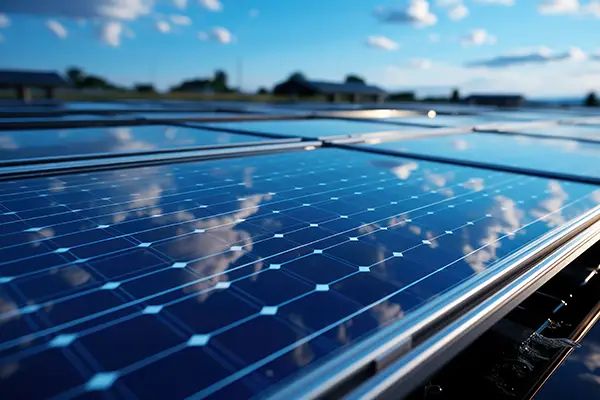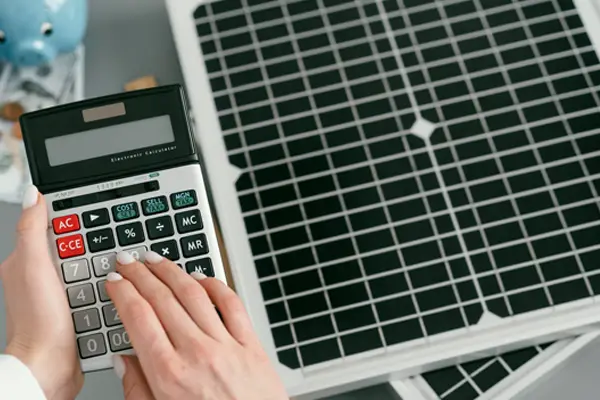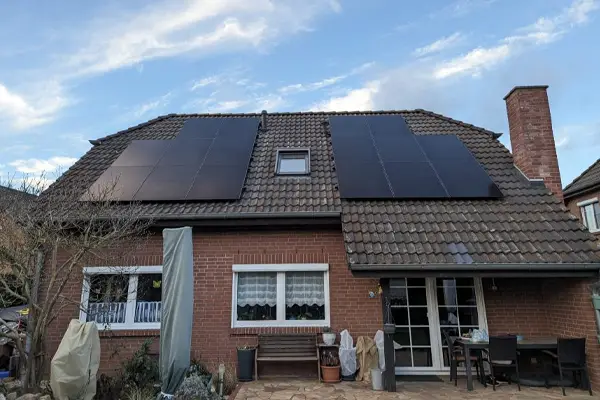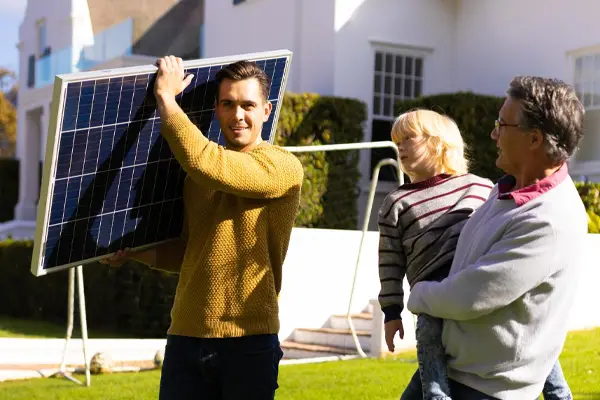Is Solar the best way for safe money?
Deciding whether solar energy is the best way to save money depends on several factors, including your geographic location, the cost of electricity in your area, the initial investment for solar panel installation, available incentives, and your home’s suitability for solar panels. Solar energy offers significant financial benefits and environmental advantages, but its value as a money-saving strategy varies based on individual circumstances.
Financial Benefits of Solar Energy
- Lower Electricity Bills: Solar panels generate electricity that can be used to power your home, reducing or even eliminating your electricity bills. The amount you save depends on your system’s size and your electricity usage.
- Incentives and Tax Credits: The federal government offers a 30% tax credit for solar system installations as part of the Inflation Reduction Act. Many states and local governments provide additional incentives, rebates, and net metering programs that can further reduce the cost.
- Increased Home Value: Homes with solar installations often sell for more than homes without. Studies have shown that solar panels can increase a home’s value by about $15,000 on average.
- Protection Against Rising Energy Costs: Solar panels can lock in electricity rates and protect against future increases in utility prices.
Factors to Consider
- Initial Investment: The upfront cost of solar panel installation can be significant, though this is mitigated by tax credits, rebates, and financing options.
- Geographic Location: Solar panels are more effective in areas with high sunlight exposure. However, they still generate electricity in less sunny areas, albeit at reduced efficiency.
- Electricity Rates: The higher your local electricity rates, the more you can save by switching to solar.
- System Size and Efficiency: The size and efficiency of your solar panel system will determine how much electricity you can generate and how much you can save.
- Payback Period: The time it takes for the savings from your solar panels to cover the initial investment varies. On average, it takes about 8 to 10 years, but this can be shorter or longer depending on the factors above.
Conclusion
Solar energy can be an excellent way to save money, especially in the long term and in regions with high electricity costs and favorable solar conditions. However, it’s essential to conduct a thorough analysis of your specific situation, considering the initial costs, potential savings, and available incentives. Tools like solar calculators can help estimate your potential savings and payback period. Ultimately, while solar energy offers a promising and sustainable way to reduce energy costs and contribute to environmental conservation, whether it’s the “best” way to save money will depend on individual circumstances and priorities.






